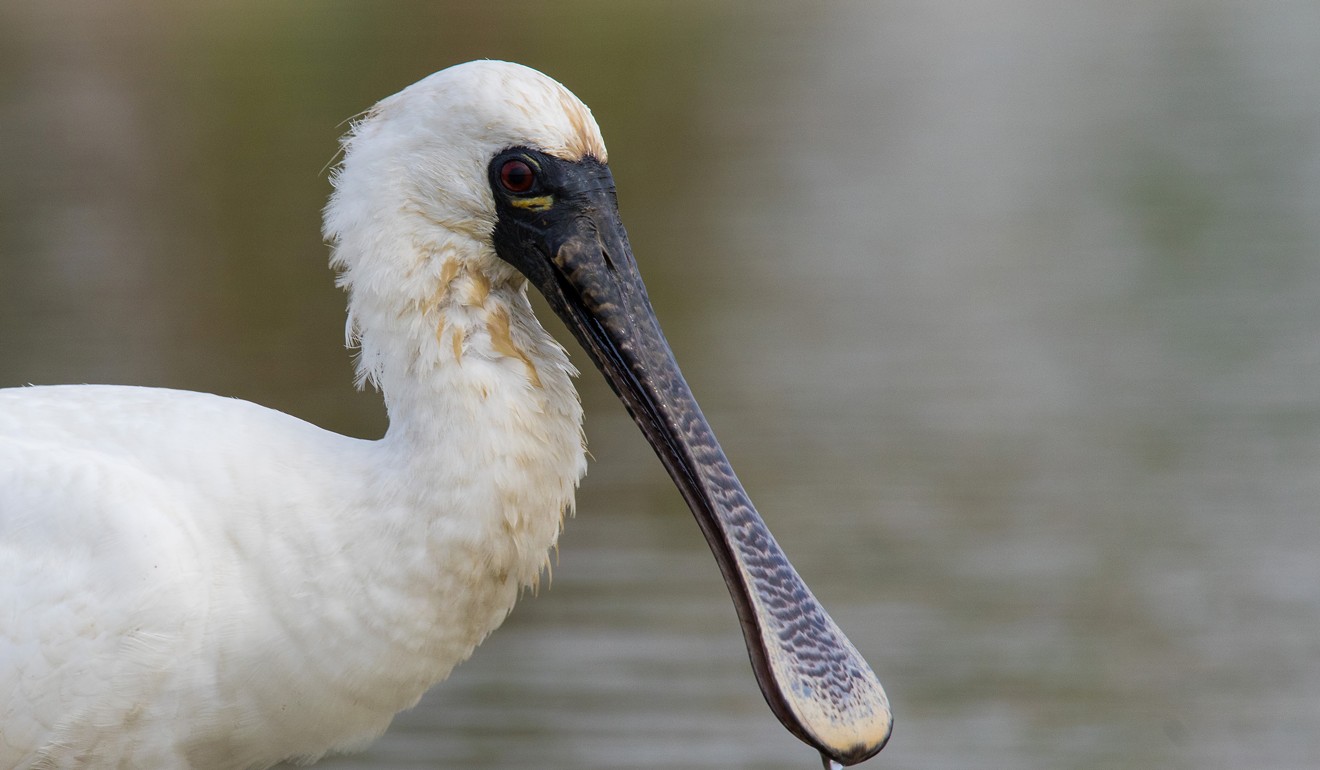
Two dead birds test positive for H5 avian flu virus, Hong Kong authorities say
The virus strain does not usually infect humans but officials warn public to stay away from wild birds and live poultry
Two dead birds found at different locations in Hong Kong tested positive for the H5 avian flu virus on Friday, the Agriculture, Fisheries and Conservation Department said.
Further tests are being carried out to confirm the results, while both sites where the birds’ bodies were discovered have been thoroughly disinfected, according to authorities.
One of the birds was a black-faced spoonbill, a migratory species common in the mudflats of the wetland park in Tin Shui Wai.

The park, in the Deep Bay area, is a hotspot for migratory birds arriving from the north during the winter season. Black-faced spoonbills can come from as far as the Korean Peninsula and the Liaoning province in northeastern China.
Two chicken farms within 3km of the Tin Shui Wai site have been informed, but farmers have so far not reported any abnormalities in their livestock.
Authorities urged poultry farmers citywide to step up precautionary measures against avian flu.
The park is 30km away from To Lok Road in Tseung Kwan O, a dense residential district where the other dead bird was found.
The oriental magpie robin, a common species in the city, tested positive for the same virus.
The department advised the public to avoid coming into contact with wild birds and live poultry, and to report sick or dead birds by calling the government hotline 1823.
Hong Kong boy, 10, tests positive for H7N9 avian flu virus after visit to mainland China
While the avian influenza A H5N1 virus does not usually infect humans, it can be transmitted among individuals due to a lack of immunity.
Since 2014, there have been 12 confirmed reports of the H5 and H7N9 viruses in poultry and wild bird samples in Hong Kong.
Between 2013 and December 16 this year, 21 people contracted H7N9 in the city, with all cases imported from the mainland.

